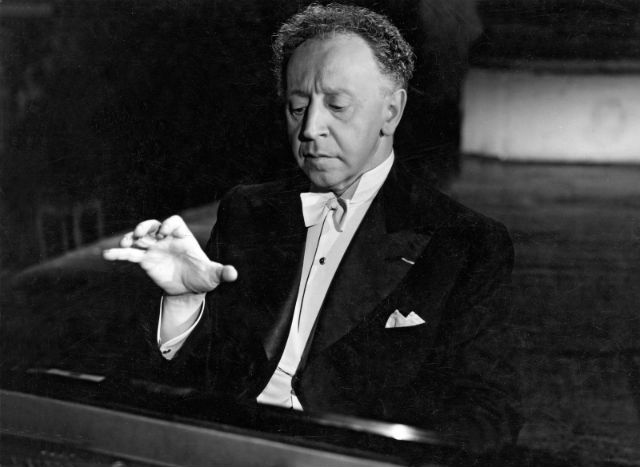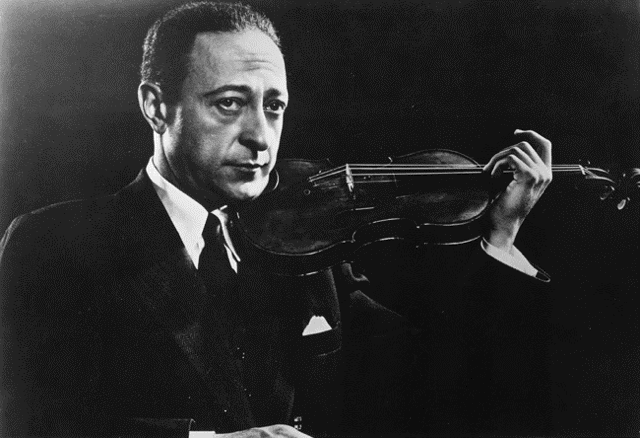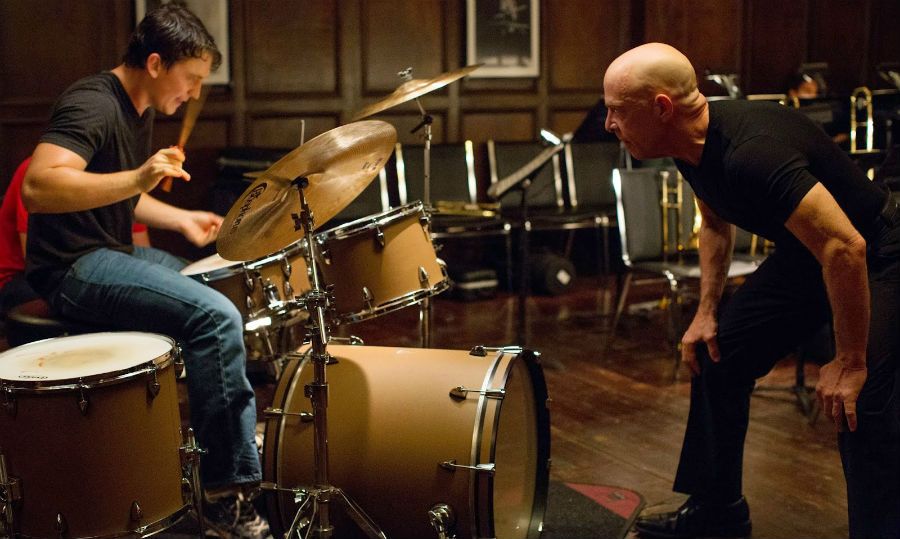The gruelling schedules professional musicians go through prior to an audition or performance are familiar to everyone. By rehearsing as much as possible, so the idea goes, you can learn new pieces, improve your technique and bring out your best on the day. Everyone also knows the feelings of worry or nervousness that come with not enough practice.
At the other end of the scale, practicing too much can be just as problematic. Firstly there’s the impact it has on musicians, who if they’re spending long days trying to get every note just right are more likely to neglect other areas of their life like eating properly, sleeping and making time to relax. These can lead to short-term changes in behaviour, feelings of tiredness or depression, and poor health.
Apart from the impact on the person, there’s also the issue of the music. Of course a significant amount of preparation is required to develop a feel for and understanding of the piece of music being played. However, too much rehearsing can produce the unwanted result of a stale familiarity that removes emotion and spontaneity from the artist’s expression. Even someone as renowned as the great 20th century pianist Arthur Rubinstein cautioned against overdoing it in the practice room, remarking, “it is not so good, in a musical way, to overpractice. When you do, the music seems to come out of your pocket. If you play with a feeling of ‘Oh, I know this,’ you play without that little drop of fresh blood that is necessary—and the audience feels it.”

Avoiding this outcome certainly isn’t easy, especially with the constant pressures and demands of a musical career. To offer some help, below are five signs that you might be overdoing it with your practice schedule.
Changes in mood
If you start feeling uncharacteristically angry, frustrated, sad or short-tempered towards others, this is likely the result of spending too much time mastering Bach or Beethoven. As Dr. Noa Kageyama points out as part of a helpful quiz in an article on too much practice, mood swings can also be accompanied with sudden changes in you sleeping pattern, both of which indicate that you are putting yourself under too much strain.
Physical pain or numbness in parts of the body
The repetitive movements that go with playing an instrument, whether it’s a piano, violin or cello, can lead to debilitating injuries in the joints or muscles in the hands and arms. On top of that, problems can also arise with posture if you are maintaining the same position for long periods. All of these injuries were identified by doctors at the Louisiana State University Musicians’ Clinic, along with many others. It isn’t a recent problem either, as indicated by this comment from Schumann complaining about the impact of his piano playing, “Some fingers (no doubt because of too much writing and playing in earlier years) have become quite weak, so that I can hardly use them.”
Playing becomes a struggle
When it starts to be an uphill battle just to keep up with the orchestra, or you’re finding it impossible to reach your usual standard of playing on a number of occasions, it may be time to cut back on practice rather than spend longer at it each day.
Lack of enthusiasm
This gets back to the point made by Rubinstein and is also related to the previous problem. Because if your enthusiasm or emotion is absent, something crucial will be missing from the performance. Keeping that enthusiasm when one long day of rehearsals follows another is never going to be easy. Jascha Heifetz, the great violinist, explained how limiting the hours he devoted to practice enabled him to pursue his other passions in life, which ultimately helped his musical performance.

You find it hard to recover
It goes without saying that a busy life makes us all tired. But if you’re still feeling worn out after a day or two of rest following a heavy load of practice sessions, this is probably due to overwork. Limiting yourself to a more manageable daily schedule will ensure that you give your body the time it needs to relax as well as exert itself on the stage.


I agree that over-practising may not be good for oneself. However, your example of using Schumann’s weakness in his fingers is misleading. It is quite well known, that he attempted to increase his hand span by stretching his fingers by force. This ultimately hurt them so much and decreased his ability to use them properly. (I know there are also theory’s that his syphilis hard weakened his fingers and the use of the “hand-box” was solely meant to strengthen those already weak fingers. Either way, it was not “over-practising” while playing the piano that is to blame.)